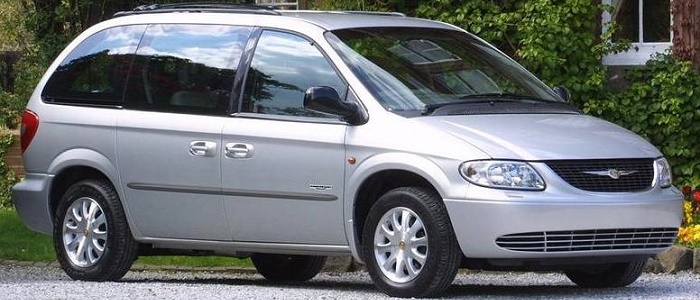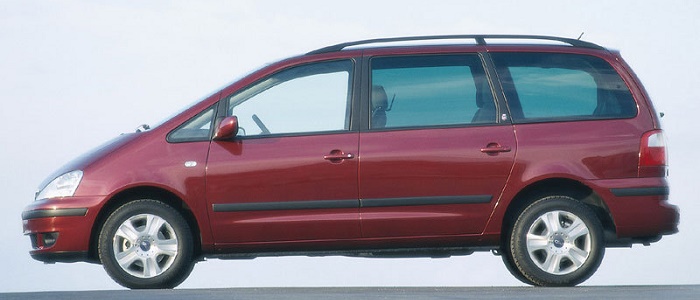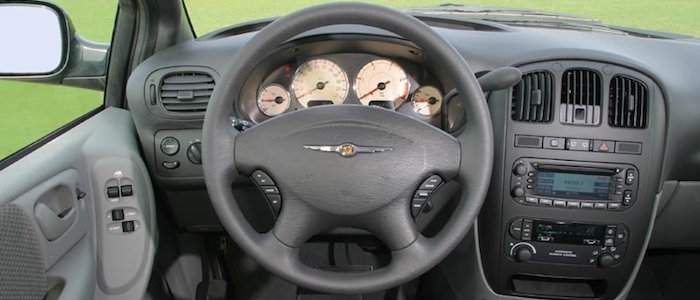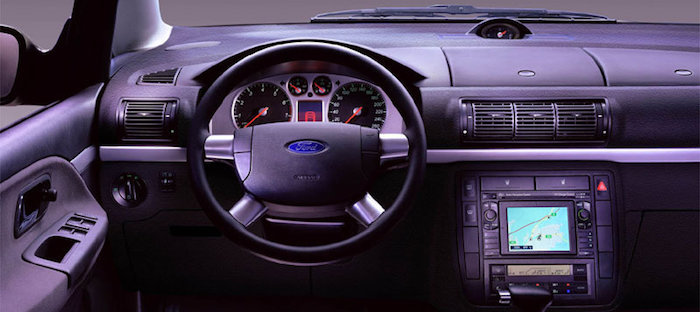Compare two cars
Compare any two cars and get our Virtual Adviser™ opinion
Marketing
Dimensons & Outlines
Engine
Performance (manual gearbox)
Performance (automatic gearbox)
Expenses
Virtual Adviser's™ opinion
Well, these are two pretty similar cars we have here! It's only details that could potentially make the difference. Considering they both belong to the mpv segment and utilize the same 5-door MPV body style and the front wheel drive system, it all comes up to the specific petrol engine choice they offer. The first one has a Chrysler-engineered powertrain under the hood, a 4-cylinder, 16-valves 147hp unit, while the other one gets its power and torque from a 4-cylinder, 16-valves 145hp engine designed by Ford.
SafetyThe fact that the Chrysler got tested by the European New Car Assessment Programme (Euro NCAP), while the other contender didn't, doesn't actually do much for it, as it's still a lousy 2-star coffin on wheels. That aside, let's consider some other aspects which affect safety. Both vehicles belong to the mpv segment, which is generally a good thing safety-wise, but it doesn't do much to help us decide between the two. Furthermore, if we'd like to consider vehicle mass in this context too, which we definitely should, Voyager offers a considerable difference of 10% more metal.
ReliabilityI don't like generalizing things when it comes to reliability, although it does seem that Ford is significantly less fault-prone, all the models observed together. These are the official statistics, while our visitors describe reliability of Chrysler, as well as Ford, with the same average rating of 4.4 out of 5. Independent research findings rank Voyager as average reliability-wise, and Galaxy is more or less at the same level.That apart, owners of different cars powered by the same engine as Voyager rank it on average as 4.0, while the one under the competitor's bonnet gets 3.0 out of 5.
Performance & Fuel economyFord is a bit more agile, reaching 100km/h in 0.1 seconds less than its competitor. In addition to that it accelerates all the way to 196 kilometers per hour, 13km/h more than the other car. When it comes to fuel economy things look pretty much the same for both cars, averaging around 10.1 liters of fuel per 100 kilometers (28 mpg), in combined cycle.
Verdict
Ford appears just a bit more reliable, although the difference is truly marginal. The most important thing when deciding between any two vehicles should always be safety, both passive and active. In my opinion, everything taken into account, Voyager offers significantly better overall protection, taking the lead here. From there things take a different direction, with Ford offering somewhat better performance, just enough to call it quicker. Fuel consumption is more or less the same. At the end, as much as I'd like to give you a winner here, it's simply a pure tie if you ask me. In any case that's my personal view, built upon all the data available to me. What should decide here though is the way you feel about the two vehicles, and I hope you'll find my guidelines useful in the process. Also, you could use the oportunity to find out which car, everything taken into account, would be the perfect choice for you in the eyes of the virtual adviser™, among more than 12.000 different ones in our database.































